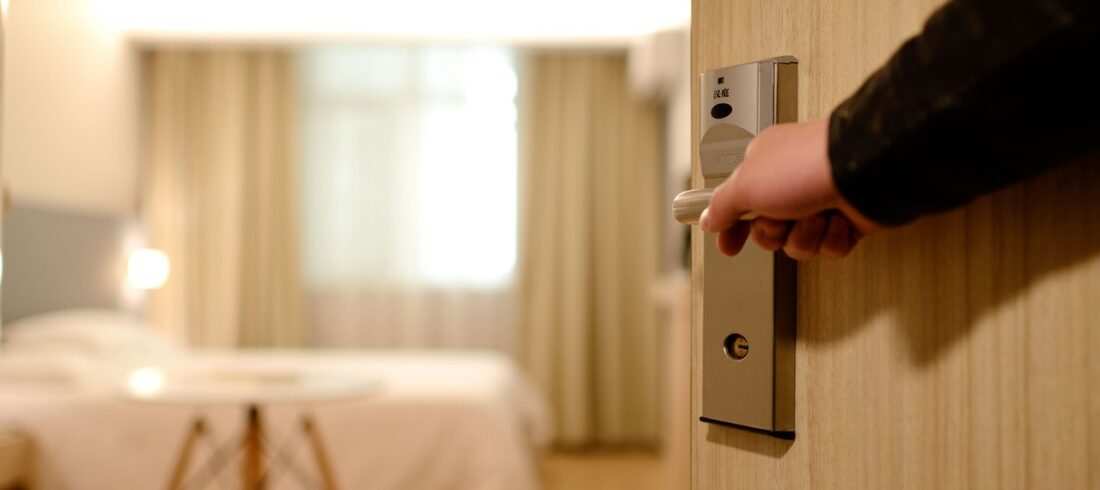- About Us
- Legal Services
- Family Law
- Property
- Marriage
- Immigration
- Contact
- Payments

This is not the Thailand Hotel Act but part of the Civil and Commercial Code of Thailand. Most of the Sections cover the loss of property and the relationship between the hotel keeper and the guest. These Sections below is the part of the Civil and Commercial Code and if you wish to know more about Hotel management, registration, and laws for Hotels in Thailand. Then see the Thailand Hotel Act elsewhere on this website. You can also see the entertainment venues in Thailand laws other than Thai hotel law.
This translation again should not be seen as legally binding or used as legal advice or guidance. The text on this page has been provided for educational and comprehension purposes only and contains no legal authority. We will assume no responsibility for any liabilities arising from the use and/or reference of this text. Speak to us online or via WhatsApp or application Line for proper legal advice. Finally, speak to our Thailand family lawyer if you do not fully comprehend family law in Thailand compared to your home country. You can also the other Chapters in the Civil and Commercial Code in the country other than the Thai hotel law.
The hotel keeper or keeper of such a place will be liable for any loss and/or damage to property that was brought by the guest or traveler.
The hotel keeper will be liable for loss or damage to the property of the guest even those caused by someone entering or leaving the hotel or such a place.
The limited liability is to a maximum of 5,000 baht if it is related to specie, banknotes, bills, bonds, shares, debentures, warrants, pieces of jewelry, or other valuables. This unless such item has been deposited with the keeper and that the value of the item has been clearly declared. This was amended by the Civil and Commercial Code Amendment Act (No. 14), B.E. 2548 (2005).
The keeper however will not be liable for damage or loss caused by force majeure or by the fault of the guest or the nature of the property. This or his or her servants or any person who he or she has received.
Should the property where the property has not been clearly declared and which is not deposited. If it is found to be damaged or lost the guest must report the loss or damage to the hotel keeper or the keeper will be released of liability for Section 674 and Section 675.
If there is a notice posted in the hotel, inn, or other such places where it contains a statement excluding or even limiting the liability of the keeper will be void. This is unless the guest has expressly agreed to the exclusion or limitation of liability.
(You tend to find these limited liabilities or exclusion notices on the back of the doors of budget hotels.)
There is no liability for compensation for damage or loss of property by the guest after 6 months from the departure from the hotel or inn the guest.
The hotel keeper is entitled to keep the property or luggage of a guest which has been left at the hotel or inn until such time that they have received all the money for the lodging, disbursements, and other services offered to the guest which is due.
The keeper can sell the property by public auction and deduct the amounts due to him including the expenses for such sale. They can only be done when:
(1) The property is in the keeper’s possession for 6 weeks and the debt is still unpaid; and
(2) The intention for the sale has been published, also a brief list of properties to be sold and the name of the owner of the property, if known, in a newspaper circulated in the locality.
The remainder of the sale after the deceptions for the sale and money owed will be returned to the owner or deposited at the deposit of property office according to the provisions of Sections 331 and Section 333.
The information contained in our website is for general information purposes only and does not constitute legal advices. For further information, please contact us.